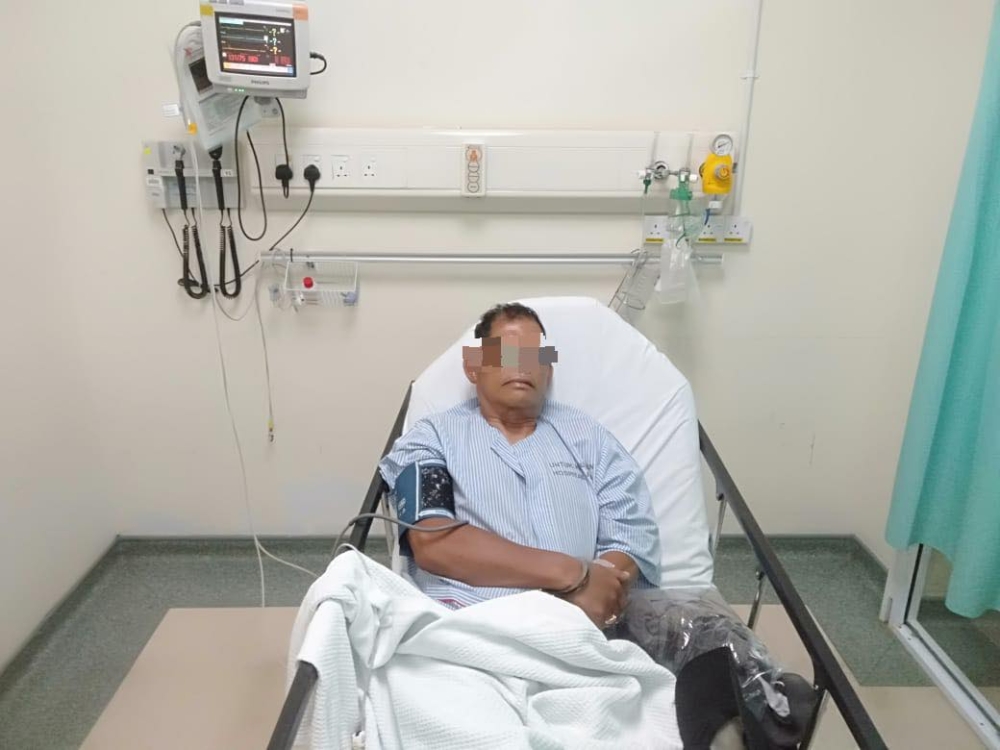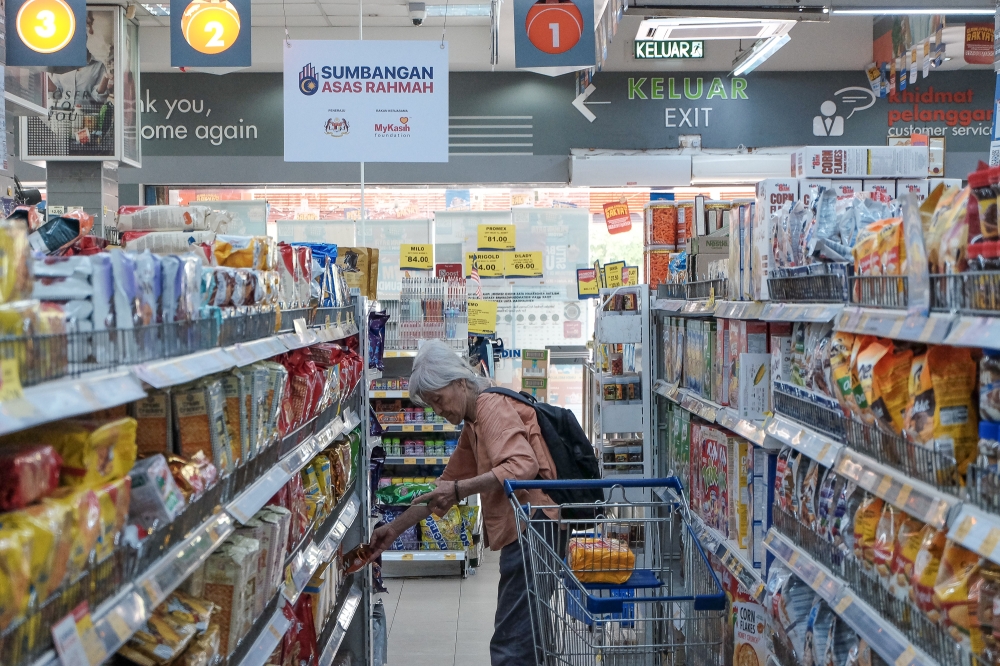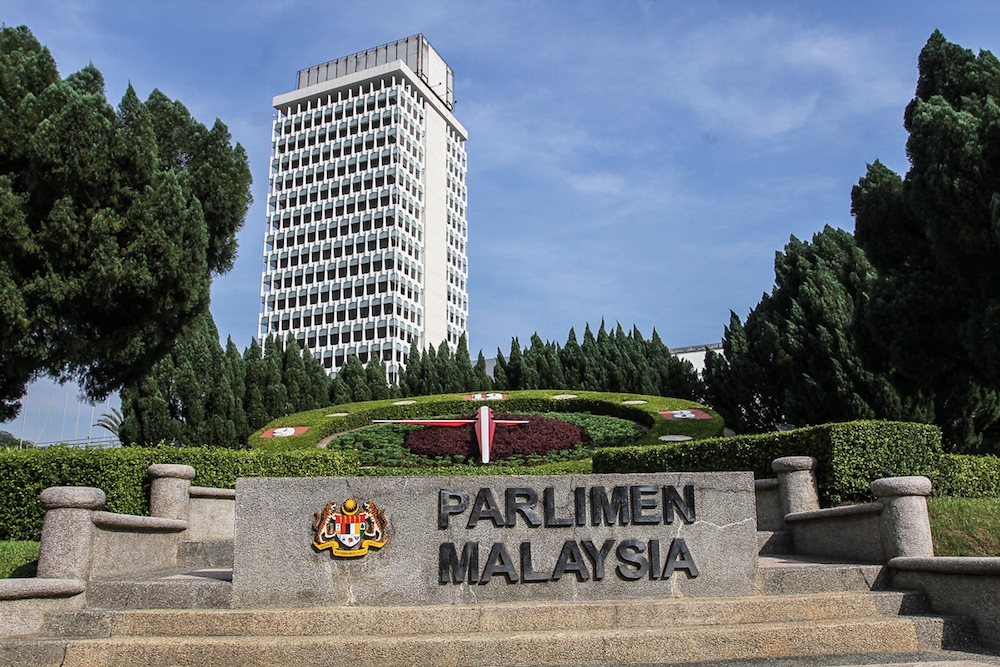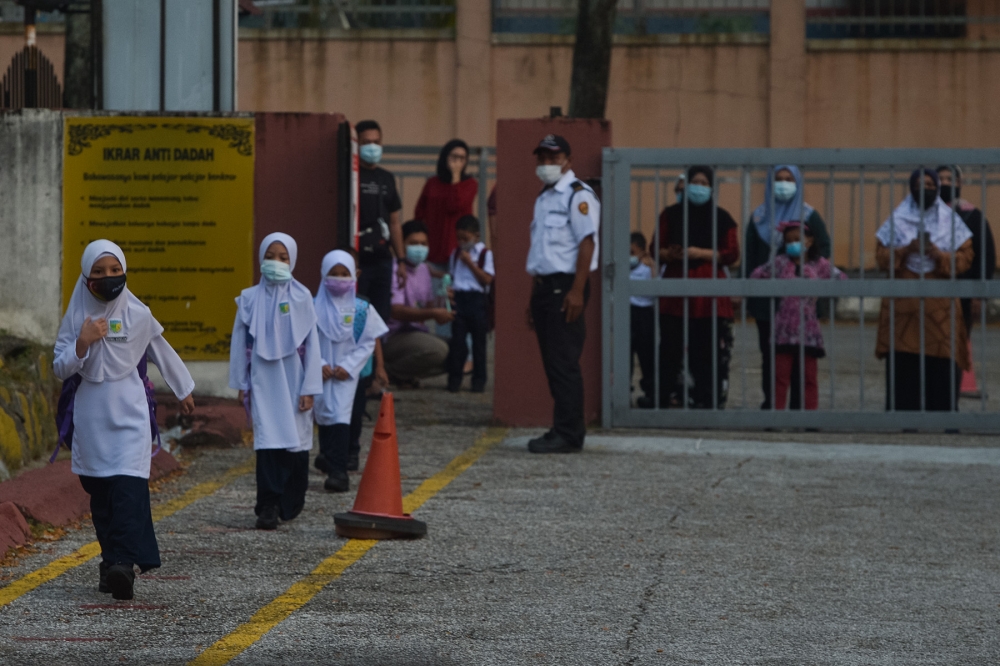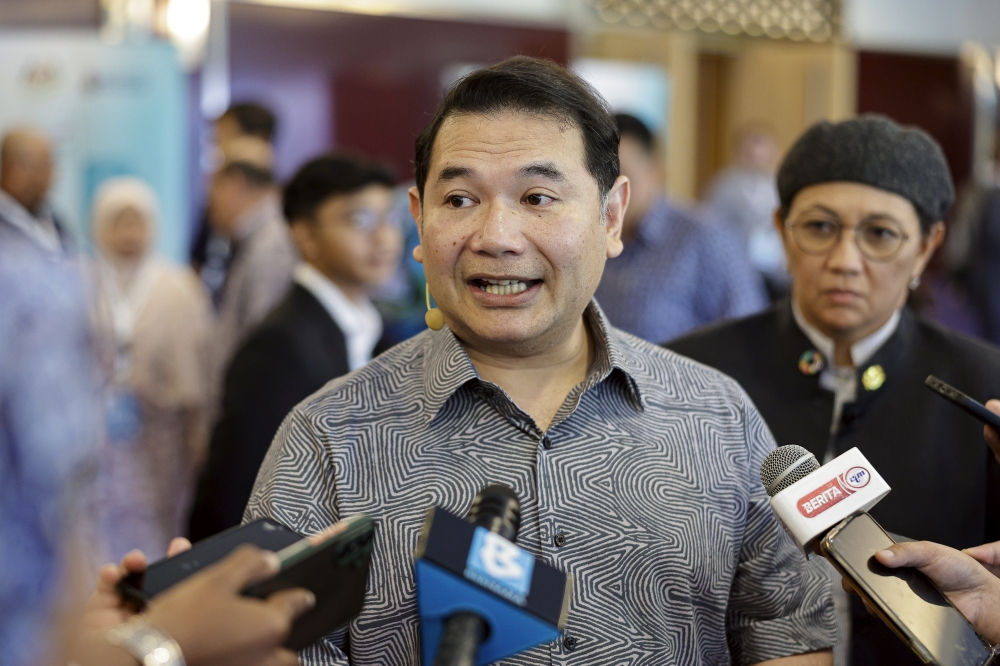OCTOBER 8 — In a society shrouded with lots of misconceptions of mental illnesses, it is timely we embraced the World Health Organization’s theme of “Mental Health for All: Let’s Make It a Reality” in a holistic approach. Mental health conditions are among the most common and disabling health conditions worldwide and should therefore be prioritised as a top global health problem.
Last year, in response to the Coranavirus (Covid-19) outbreak, the Ministry of Education has called for a nationwide school closure as an emergency measure of preventing the spread of the infection. It is estimated that a total of more than two million students are confined to their homes due to this.
Though a home-schooling plan has been rigorously Implemented by most schools, there are also reasons to be concerned about. Prolonged school closure and home confinement during a disease outbreak may have a negative effect on a child’s mental wellbeing.
According to National Health and Morbidity Survey (MIMS) carried out in 2015, the prevalence among children aged five to 15 years was 12.1 per cent with the incidence being higher in males and the younger age group (five to nine years) having a higher prevalence of mental health problems. Parents need to be aware of the downside of the situation and take a proactive role in addressing these issues.
Longer screen time, online games, irregular sleep pattern and a loss of cardio respiratory fitness are all factors that will have a detrimental effect on children. Besides this, there may be a high level of stress among the parents due to financial loss and that emotions may cascade down to children in the household.
Another common factor always overlooked during this unprecedented time is children are highly vulnerable too to the ever-lurking perpetrators on the dark web. A prolonged time surfing the net may lead these children to fall prey to these perpetrators if their activities are not monitored closely.
‘A child’s mental health is of outmost important during this challenging time’
Perhaps a more important but easily neglected issue is the psychological impact on children and adolescents. Stressors such as frustration and boredom, lack of personal space in the household and bad experiences in the web world like cyber bullying and online sexual exploitation can have an even more enduring effect on children and adolescents’ mental health.
It is utmost importance that when we pull our resources and expertise together in mitigating this problem, underlying issues that may have a severe detrimental effect should never be overlooked. One common disregarded issue is that a home confinement phase is a fertile ground for sexual perpetrators to prey on innocent children to share their body images in exchange for favours.
Depression among children especially adolescents is more often missed than it is in adults, possibly because of the display of irritability, mood reactivity, and fluctuating symptoms that may just be part of being an adolescent and not necessarily indicate classical symptoms of depression. Depression can also be missed if the primary presenting problems are unexplained physical symptoms, eating disorders, anxiety, and refusal to attend school, decline in academic performance, substance abuse, or behavioural problems, which many tend to be dismissed as merely an attitudinal issue.
Factoring all these into considerations, it is not surprising that the rates of suicide in Malaysia especially during the pandemic have come to an alarming figure. It’s important that we amend the Section 309 of the Penal Code to decriminalise suicide, and the untiring quest of various parties to push for the agenda of prioritising the Covid-19 vaccination for patients with severe mental illnesses should be applauded.
Besides just looking at the whole context of mental health from the perspective of treatment, it is imperative that we should shift our focus now to look at it from the “credibility gap” context. We need to come together to rephrase mental illnesses by taking into account the level of distress and cultural conceptualisation of stigma in addressing this problem.
Covid-19 brings unexpected challenges to all of us. A child can be a victim, a person under investigation. Or the child can be a family member of a victim. The child can be separated for a long time from a primary caregiver or a safe carer/environment.
Thus, since the Covid-19 pandemic, it is important that we consolidate our efforts and work towards addressing the needs of our children’s mental health. Current efforts by many agencies working towards this objective are commendable. It is important that we look at sustainable programs that must be contextually relevant materials for children and adolescents in mitigating this pandemic for their overall best interest. This is the time we work together as a nation for the wellbeing of our children’s mental wellbeing.
Children of all ages and backgrounds should be the central issue of concern of all agencies as we continue to mitigate this problem. A comprehensive curriculum, support system, policies, monitoring and evaluation mechanisms, and most importantly; strategic collaboration needs to be in place to bridge the gap and keep one of the principles of the Sustainable Development Goals of “leaving no one behind” in our quest in ensure the mental health of our children are taken care. (Sustainable Development Goals are a UN-Ied call to action to end poverty, protect the planet and ensure that all people enjoy peace and prosperity; there are 17 goals).
Let’s us all pledge as a society in conjunction with the ‘Mental Health Day 2021 ‘ on October 10 to reach out to all levels of society by making mental health services more accessible. Most importantly, let us all “dispel the myths and focus on the facts!”
* Dr Kamal Kenny is chairman of the Federation of Reproductive Health Associations Malaysia (FRHAM).
**This is the personal opinion of the writer and does not necessarily represent the views of Malay Mail.





